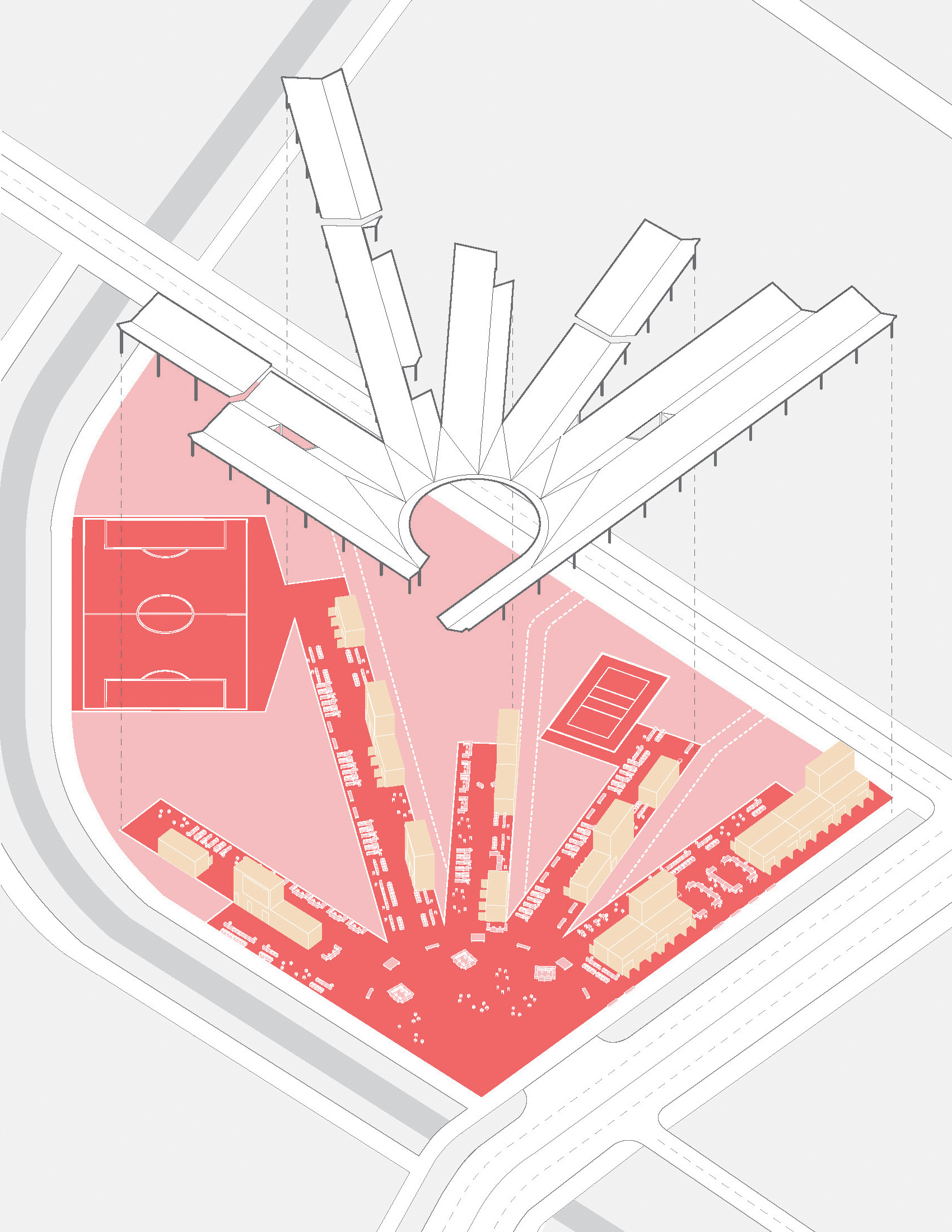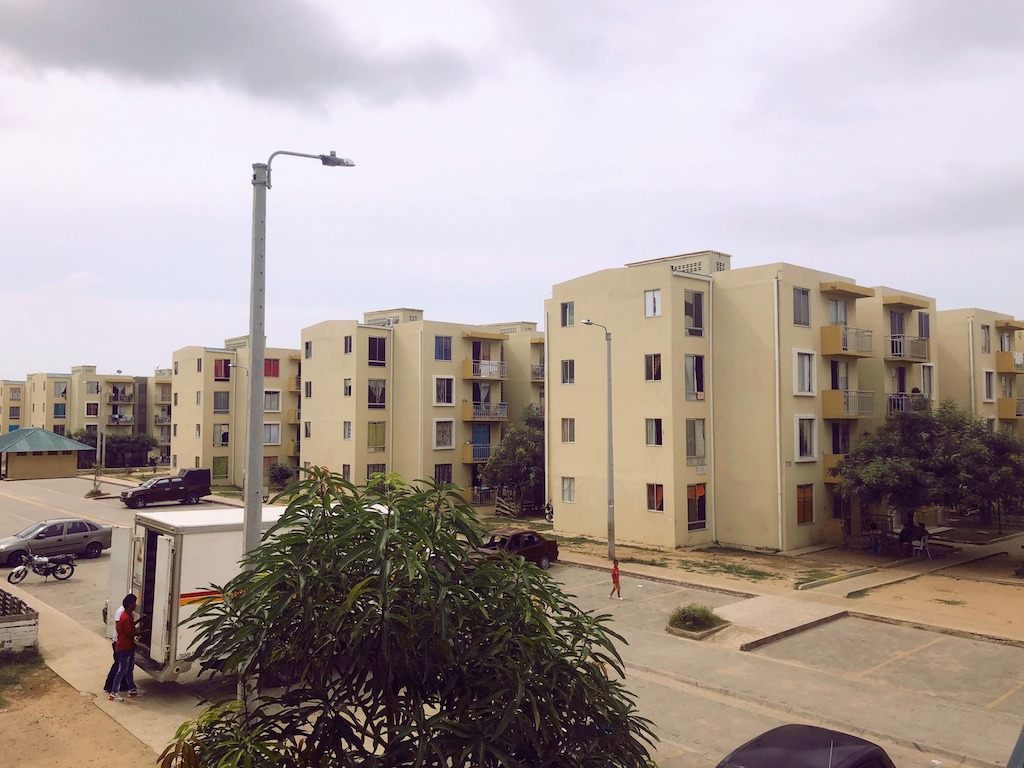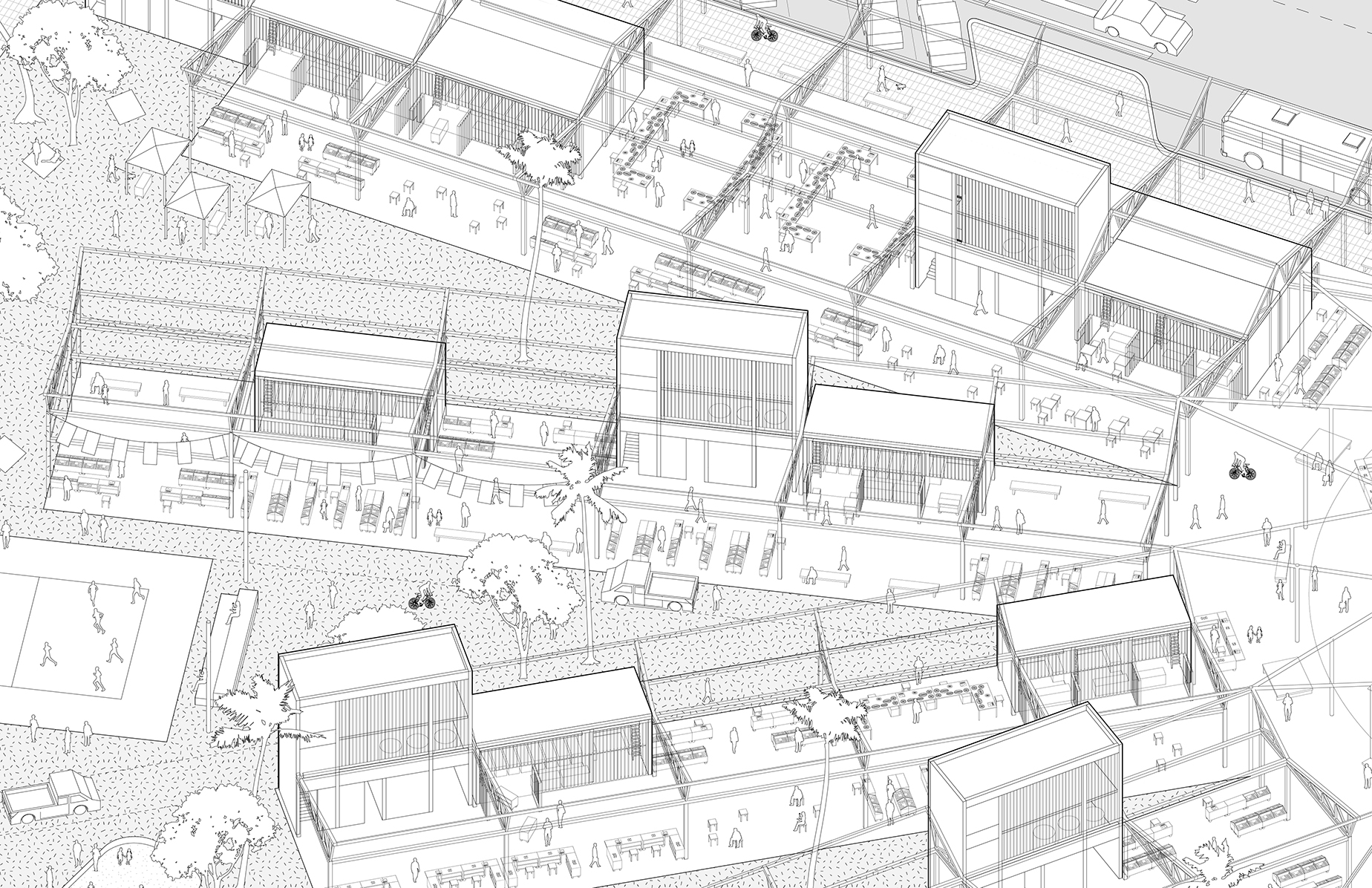Market
A third of the world’s urban population lives in “informal settlements,” more commonly known as slums. Typically depicted as hopeless places, the truth is more complex and surprising: nearly $10 trillion worth of goods and services trades hands here annually, much of it off the books. Although these communities may produce products that end up on the shelves of global retailers, they typically lack access to banking and credit, preventing them from growing their business, increasing wages, and paying taxes.

Quipu collective market
Quipu Collective Market
Quipu is a new digital platform created by a team of pan-Latin American MIT graduates that maps and connects local “prosumers” allowing them to trade goods and services amongst themselves via non-monetary means. These markets enable businesses to conserve cash and build savings for necessary purchases while strengthening local supply chains. Data donated to Quipu can later be used to make the case for formal creditworthiness.
For this project, we asked, how can the information and opportunities generated through the digital marketplace Quipu influence the design of a future physical microbusiness marketplace in Villas de San Pablo And how can information gathered by Quipu help address economic disparities for residents living in multiple story housing?

Villas de San Pablo residential slabs lack commercial and communal space
Quipu Architecture
The design project includes a site analysis of Villas de San Pablo informed by the information gathered in the digital marketplace, including what type of housing they live in, their desire for access to a market stall, the type of business they run, their operating hours, and their infrastructural needs.
Using this data, we and a group of MIT students worked with the Quipu team to conceive and construct a physical marketplace that could complement the online platform in Villas de San Pablo. In their design, the group sought to strike a balance between local context and modular design, creating new opportunities for replicability in other neighborhoods and areas where demand for vendor space will increase along with adoption of the Quipu Marketplace platform.

Market elements and open/semi-enclosed spaces
